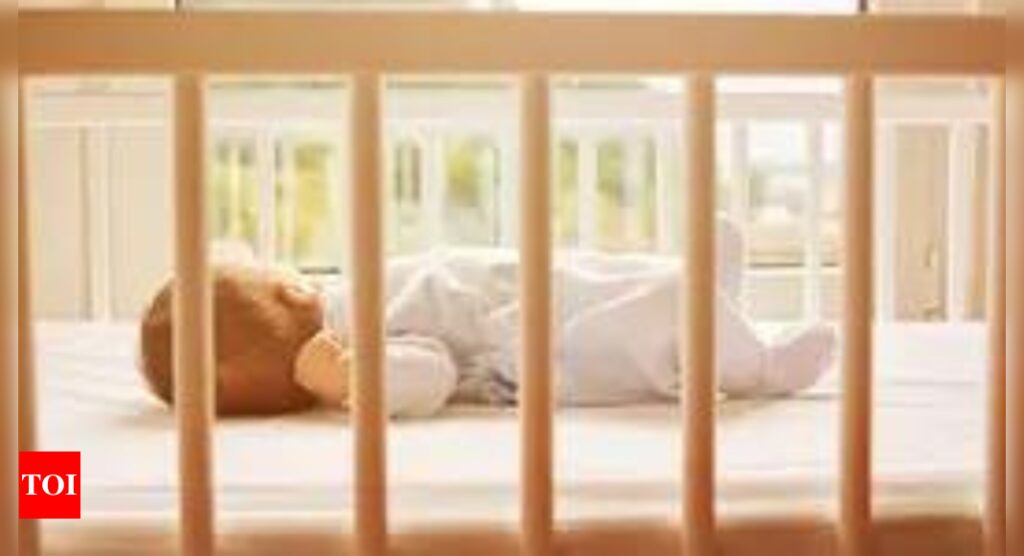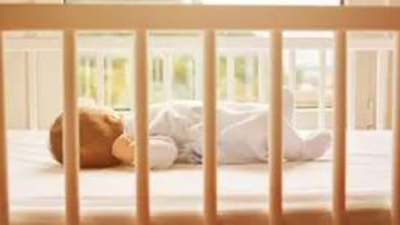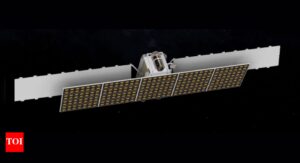
NEW DELHI: One in five or 20 per cent of newborns with neonatal seizures will go on to develop epilepsy by age one, finds a study on Wednesday.
Seizures in newborns are one of the most frequent acute neurological conditions among infants admitted to neonatal care units.
Researchers from the Copenhagen University Hospital – Rigshospitalet in Denmark showed that after neonatal seizures, the risk of epilepsy is persistently increased throughout adolescence. The team analysed data on all 1,998 children born in the country who experienced neonatal seizures.
The results, published in the journal Developmental Medicine & Child Neurology showed that the cumulative risk of epilepsy was 20.4 per cent among children with neonatal seizures compared with 1.15 per cent among children without.
Among these children, epilepsy was diagnosed before 1 year of age in 11.4 per cent of children with neonatal seizures, in an additional 4.5 per cent between 1 and 5 years, 3.1 per cent between 5 and 10 years, and 1.4 per cent between 10 and 22 years. Stroke, haemorrhage, or structural brain malformations in newborns, as well as low scores on the Apgar test (Appearance, Pulse, Grimace, Activity, and Respiration), were associated with the highest risks of developing epilepsy.
Neonatal seizures are often caused by acute cerebral injury or stress, such as hypoxic-ischaemic encephalopathy, stroke, and cerebral infection, as well as transient and reversible brain alterations of metabolic or toxic origin; however, congenital brain malformations and genetic disorders are also recognised causes.
Furthermore, the study showed that the risk of epilepsy after neonatal seizures was highest among those with cerebral malformation or perinatal brain injury, although children with perinatal asphyxia (lack of oxygen) alone also had an increased risk.
In addition, the risk of febrile seizures (convulsions caused by a fever) was also significantly higher in neonatal survivors with neonatal seizures, although not to the same extent as the risk for epilepsy.
“Our study highlights that there are risk factors that may be used to identify infants for tailored follow-up and preventive measures,” said Jeanette Tinggaard, from the varsity.
“Importantly, four out of five neonatal survivors with a history of neonatal seizures did not develop epilepsy, and we suggest future studies to explore a potential genetic predisposition,” Tinggaard added.




